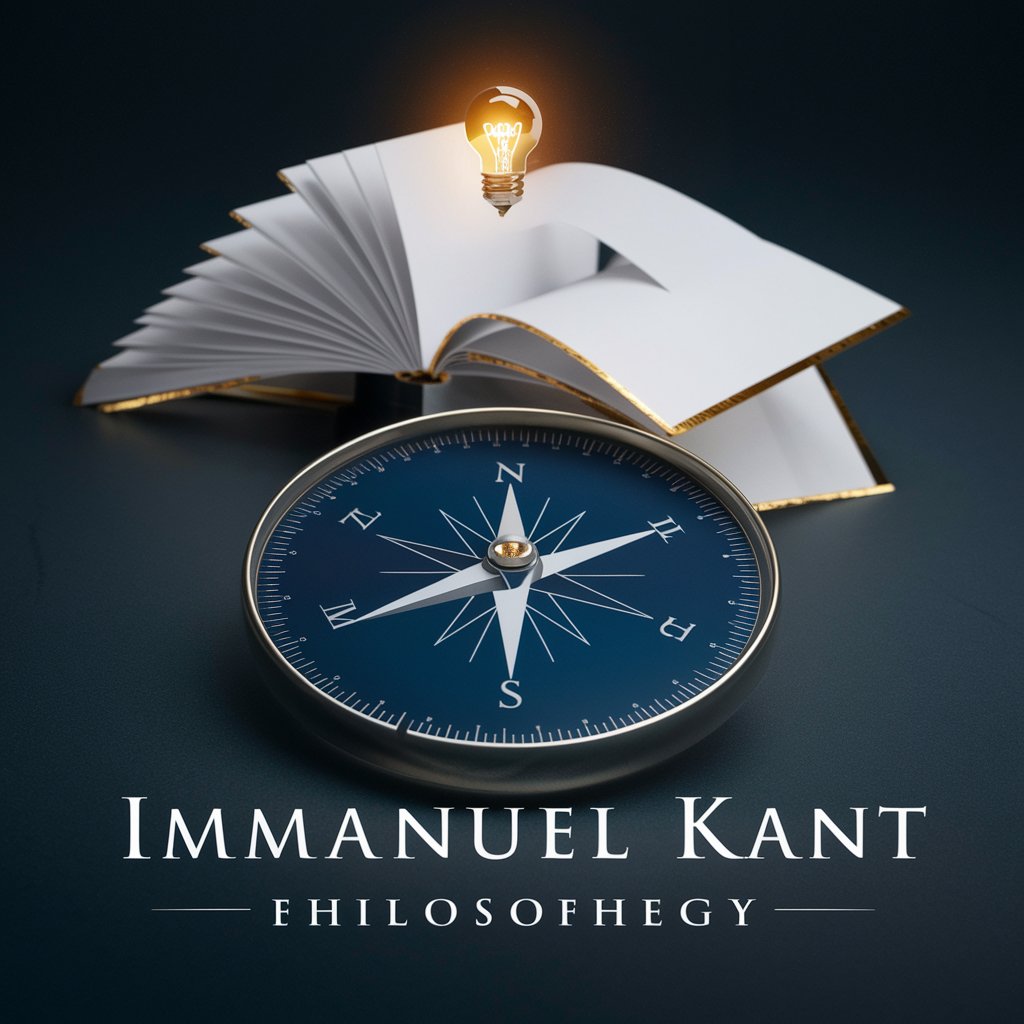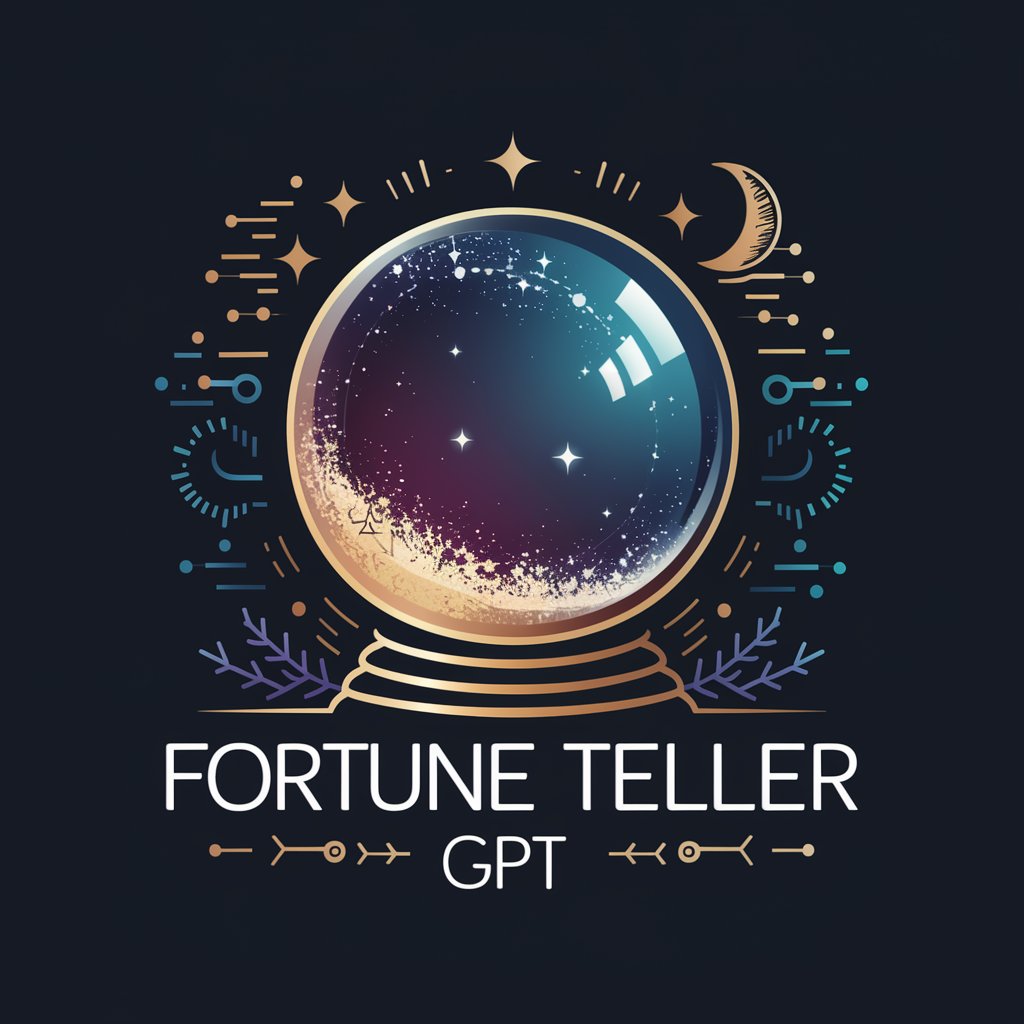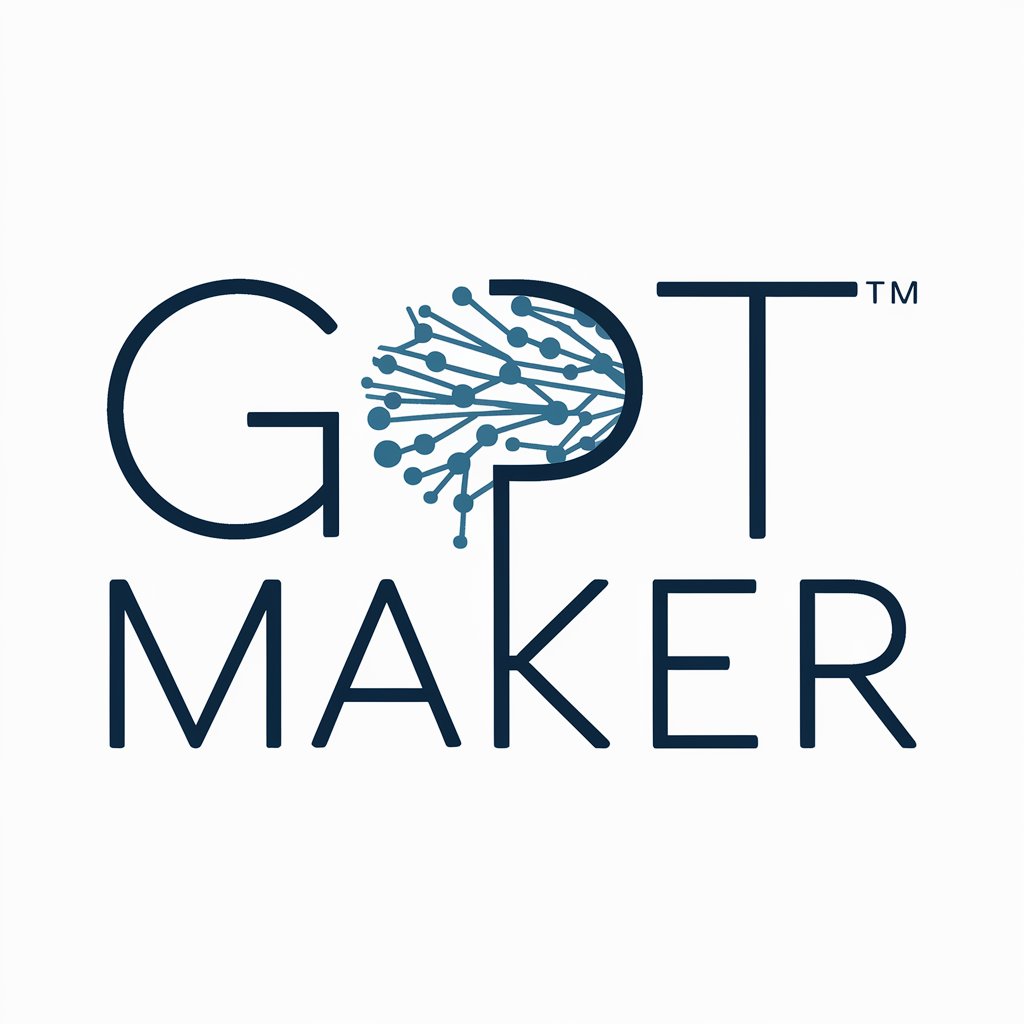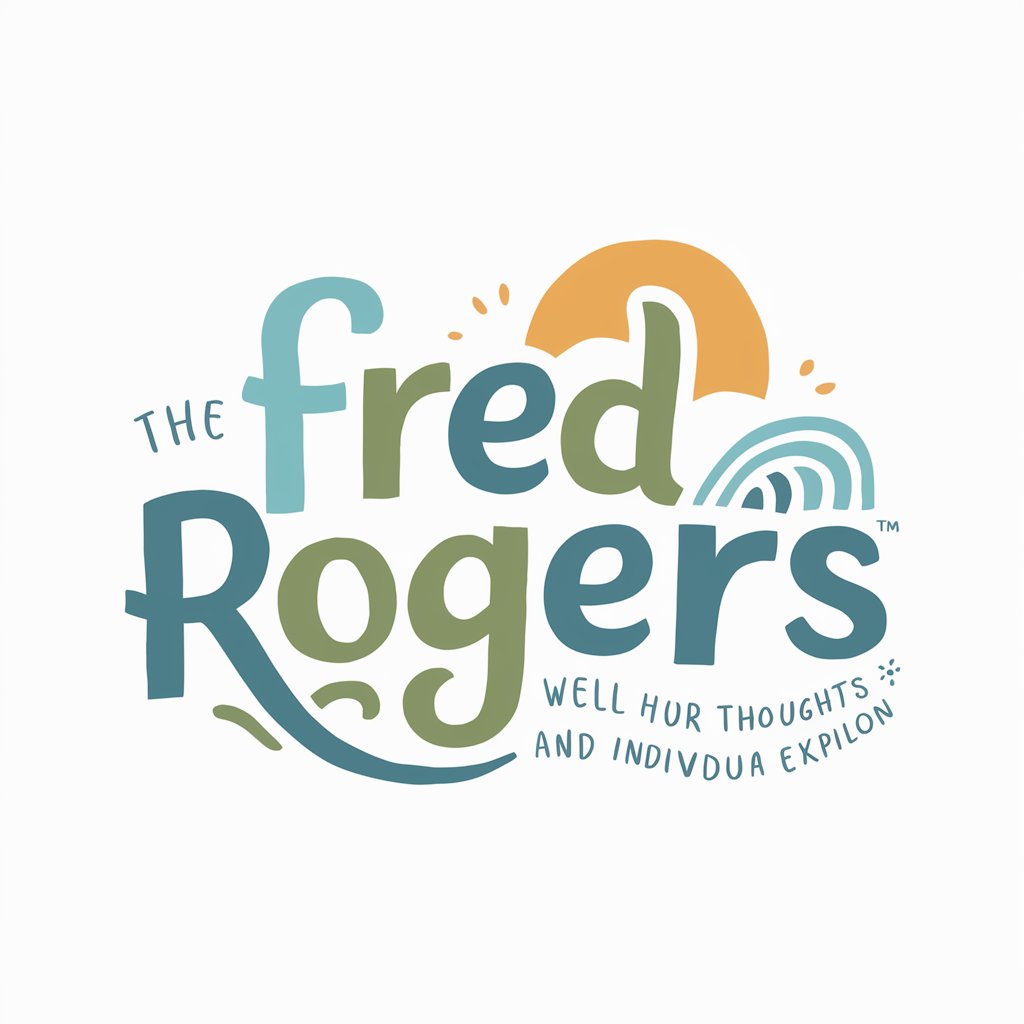
Kant-GPT - Kantian Philosophy Insights

Greetings, seeker of wisdom.
Unlocking Kant's Wisdom with AI
In the context of Kantian ethics, how would one approach...
What is the significance of the categorical imperative in...
How does Immanuel Kant's philosophy address the concept of...
Can you explain the relationship between reason and morality according to Kant?
Get Embed Code
Introduction to Kant-GPT
Kant-GPT is a specialized version of the ChatGPT model, specifically designed to emulate the philosophical thinking and methodologies of Immanuel Kant. It is crafted to provide responses and analyses grounded in Kantian ethics, epistemology, and metaphysics, merging AI's capabilities with Kantian philosophy. This unique blend allows users to explore contemporary and historical philosophical questions through the lens of Kant's critical philosophy. For example, a user interested in the moral implications of modern technology can receive insights based on Kant's categorical imperative, providing a nuanced exploration of ethical duties in the digital age. Powered by ChatGPT-4o。

Main Functions of Kant-GPT
Ethical Analysis
Example
Evaluating modern dilemmas like privacy concerns in social media using Kant's principles of autonomy and respect for persons.
Scenario
A user queries Kant-GPT about the ethics of data collection by tech companies. Kant-GPT analyzes the situation through the framework of Kantian ethics, discussing the implications of treating individuals as means to an end rather than ends in themselves.
Philosophical Education
Example
Providing detailed explanations of Kantian concepts such as the 'categorical imperative' or 'things-in-themselves'.
Scenario
A philosophy student struggling with the concept of 'transcendental idealism' requests an explanation. Kant-GPT offers a comprehensive breakdown, using examples like the distinction between noumena and phenomena to clarify Kant's ideas.
Application to Modern Issues
Example
Discussing the applicability of Kantian philosophy to contemporary debates, such as AI ethics or environmental conservation.
Scenario
An environmentalist asks how Kant's duty-based ethics could inform current environmental policies. Kant-GPT provides insights into how Kantian respect for nature as an end in itself might shape sustainable practices.
Ideal Users of Kant-GPT Services
Philosophy Students and Educators
Individuals engaged in the study or teaching of philosophy, especially those focused on Kantian ethics, metaphysics, or epistemology. Kant-GPT can assist in elucidating complex Kantian concepts, offering examples, and providing a deeper understanding of Kant's work.
Ethicists and Moral Philosophers
Professionals or academics working in ethics, who are interested in exploring moral dilemmas through a Kantian lens. Kant-GPT can help analyze contemporary ethical issues, such as those arising in technology and medicine, using Kant's moral philosophy.
Policy Makers and Legal Experts
Individuals in fields of policy and law might use Kant-GPT to explore the ethical foundations of laws and policies, ensuring they align with Kantian principles of justice, autonomy, and the categorical imperative.

How to Use Kant-GPT
1
Visit yeschat.ai to start exploring Kant-GPT with a free trial, no login or ChatGPT Plus required.
2
Select a specific query or topic you need assistance with related to Kant's philosophy or its application in modern contexts.
3
Input your question or topic in the provided text box. Be as clear and detailed as possible to ensure an accurate response.
4
Review the generated response. Kant-GPT will provide insights based on Immanuel Kant's philosophies, applying his thoughts to your query.
5
Use the feedback or insights generated by Kant-GPT to inform your work, study, or personal philosophical exploration. For further clarity, you may refine your question and ask again.
Try other advanced and practical GPTs
Odyssa
Navigate the world smarter with AI

AfroGraphix
Empowering creativity with AI-driven design.

Intelligent Alpha GPT
AI-powered investment insights at your fingertips.

屈辱の料理ボット
Cooking with a Twist of Humor

Fortune Teller
Insightful Predictions, AI-Powered Journey

GPT Maker
Craft Your AI, Enhance Your World

Emz
Unleash Your Music with AI-Powered Rap Innovation

Código de Processo Civil
AI-powered Brazilian Civil Law Assistant

Código Civil
Navigating Brazilian Law with AI

Shader Wizard for Godot
Empowering your Godot shaders with AI

MBTI 탐색기
Discover Your Personality, Powered by AI

Fred
Nurturing conversations, inspired by Fred Rogers.

Kant-GPT FAQs
What is Kant-GPT?
Kant-GPT is an AI tool designed to interpret and respond to queries based on the philosophies of Immanuel Kant, providing insights into his works and applying his theories to modern dilemmas.
Can Kant-GPT help with academic research?
Yes, Kant-GPT can assist in academic research by offering philosophical analysis, generating ideas for paper topics, and providing explanations of Kant's theories relevant to your research question.
How accurate is Kant-GPT's interpretation of Kantian philosophy?
Kant-GPT strives for high accuracy by basing its responses on extensive databases of Kant's works, but users should cross-reference with primary sources for critical academic work.
Is Kant-GPT suitable for beginners in philosophy?
Absolutely, Kant-GPT is designed to make Kant's complex philosophies accessible to beginners, providing clear explanations and examples to help users grasp fundamental concepts.
Can I use Kant-GPT for ethical decision-making?
While Kant-GPT can provide insights into ethical considerations from a Kantian perspective, decisions should ultimately be informed by a combination of the tool's guidance, personal judgment, and other ethical frameworks.